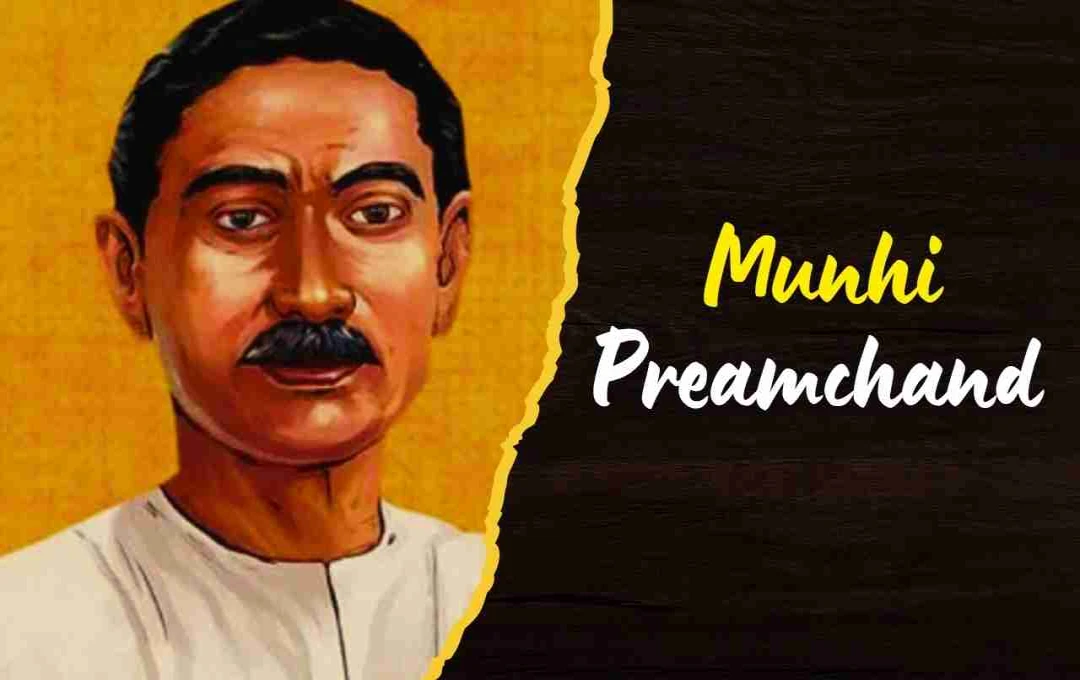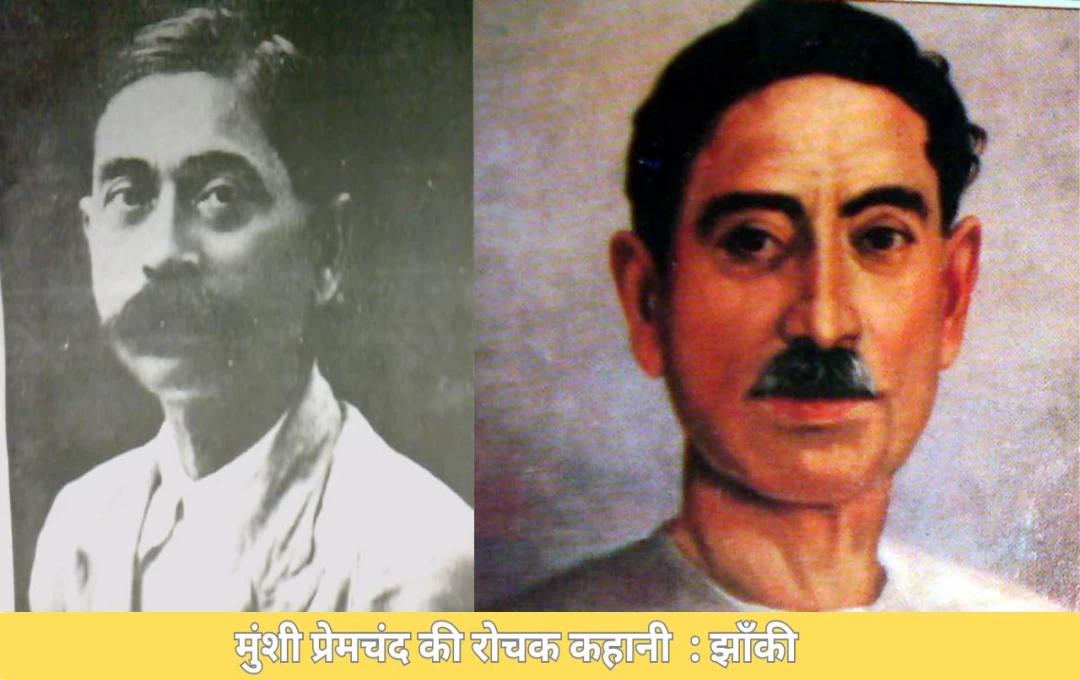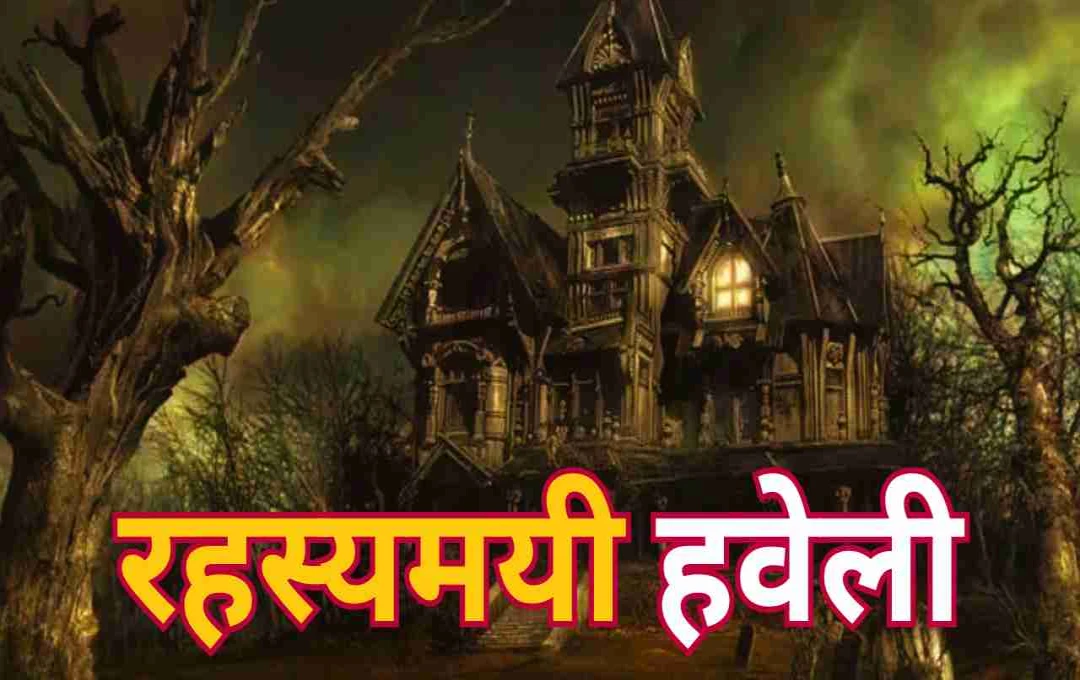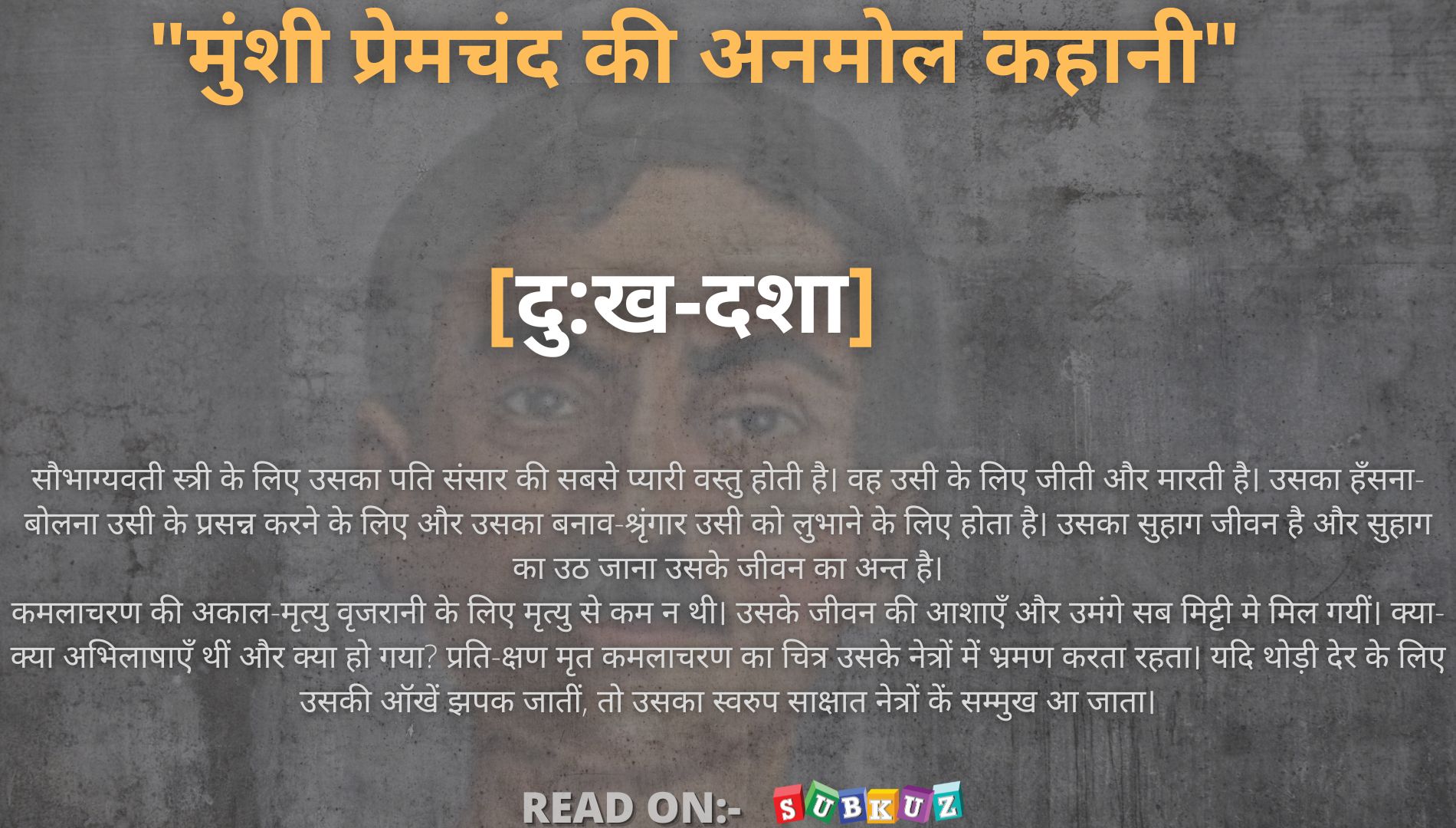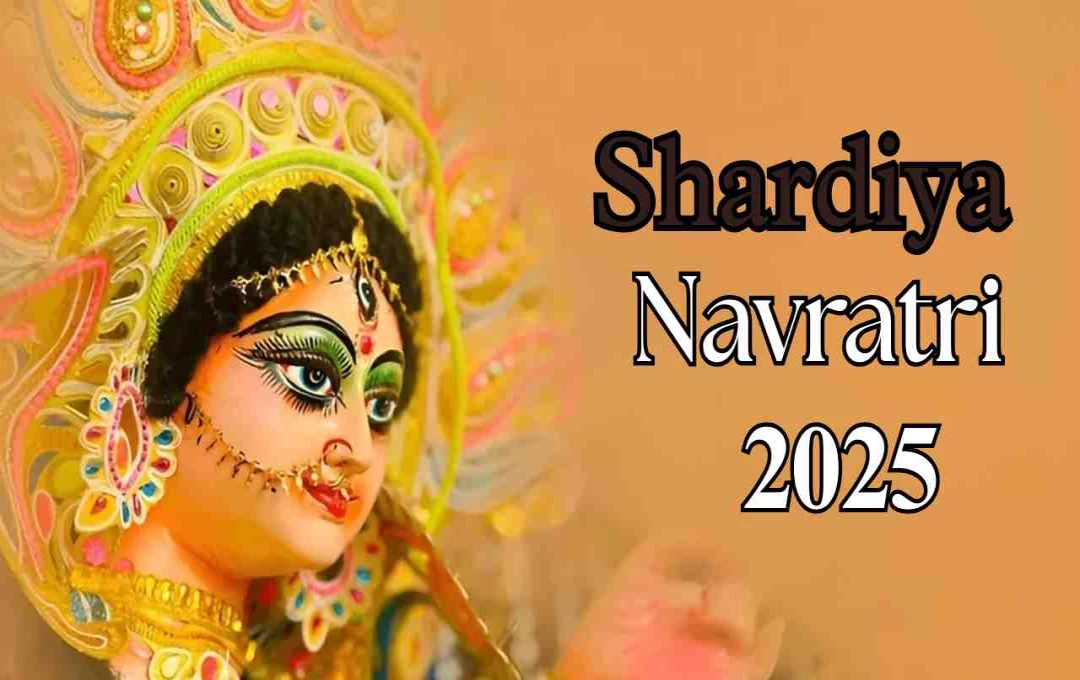The name Munshi Premchand evokes an image of someone who speaks for the most ordinary and afflicted segments of society. Premchand was born on July 31, 1880, in Lamhi village near Varanasi. He is considered a great writer not only in Hindi but also in Urdu literature. His real name was Dhanpat Rai Srivastava, but he became famous in the literary world as ‘Premchand.’ Through his writing, he presented the deep pain, inequality, and exploitation of society in such a vivid manner that it remains relevant even today.
The Truth of Rural India in Stories
The main focus of Premchand's stories was the village, farmers, laborers, and the lower class. He made his characters extremely ordinary but deeply sensitive. His stories depict a picture of India at that time, where poverty, social discrimination, and religious orthodoxy prevailed. For example, in the story ‘Pus Ki Raat’ (The Night of the Frost), the poverty and helplessness of a farmer named Halku are depicted in such a sensitive way that the reader's heart is filled with emotion. The scene where Halku is shivering from the cold while guarding the field at night and cannot light a fire because he doesn't have the money — still shakes readers today.
An Amazing Depiction of Realism
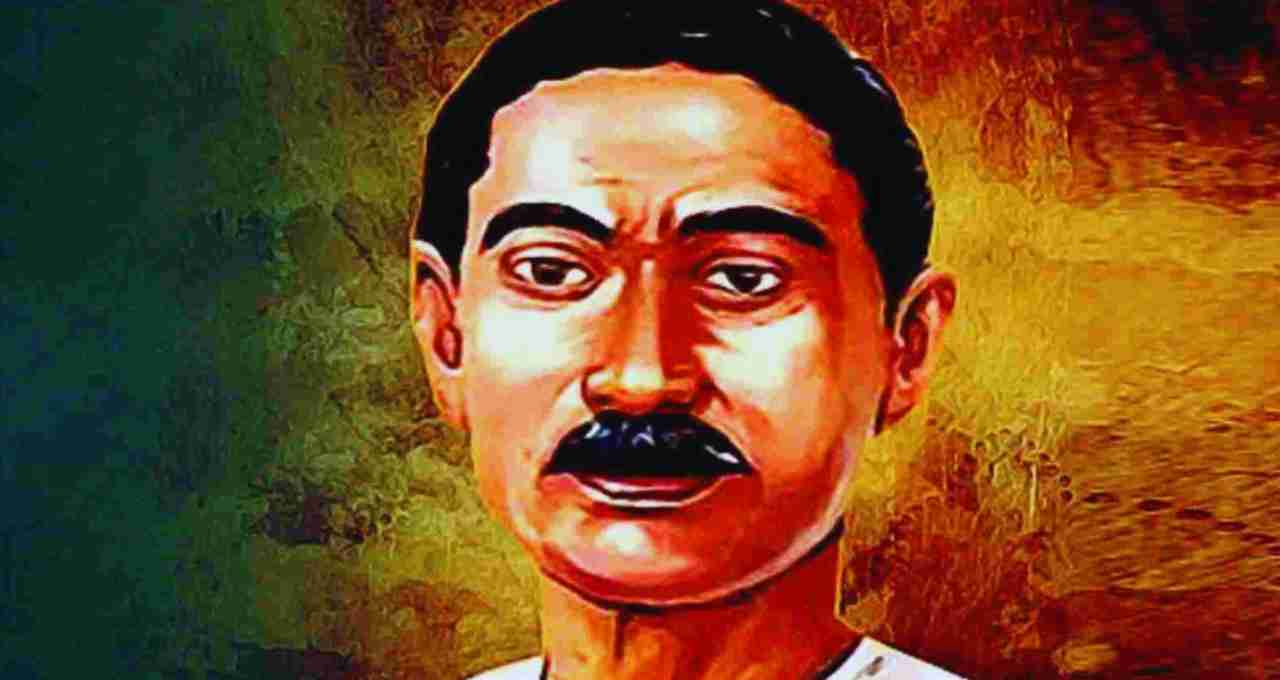
Premchand's greatest quality was his realistic vision. He presented any subject not in a figurative way, but with its reality. Whether it is a poignant story like ‘Kafan’ (The Shroud), where poverty is so extreme that the father and son drink alcohol in the name of the deceased son and daughter-in-law — Premchand never hesitated to bring such bitter truths to the forefront. Premchand showed that to bring about change in society, it is first necessary to understand and accept its truth.
The Status and Struggle of Women
The situation of women also repeatedly emerges in Premchand's stories. He gave space in his stories to the plight, exploitation, and silent voice of women in Indian society. In novels like ‘Sevasadan’ (House of Service) and ‘Gaban’ (Embezzlement), the lives of women and their search for self-respect are presented with great beauty and truth. He portrayed women not only as victims but also as struggling and self-respecting individuals.
Aspiration for Social Change
Premchand's literature was not just a mirror of the evils of society, but it also provided inspiration for change. He wanted the exploited and poor people to raise their voices for their rights. It is clearly reflected in his stories that change is possible — if people are organized, educated, and become aware. In the story ‘Idgah’ (The Festival of Eid), Hamid's innocent feeling of buying tongs for his grandmother on one hand depicts sacrifice and true love, while on the other hand, it points towards the lack of basic needs and desires of the society.
Simplicity of Language and Style
Premchand's language was the language of the common people. He presented even the biggest ideas through dialogues and simple words in such a way that every reader could connect with it. He made the language of the people the language of literature by distancing himself from Sanskritized Hindi or Persian. There was no drama or emotional excess in his style — just a natural, true, life-like story that went straight to the heart.
Timeless Stories: Which are Still Just as Alive Today
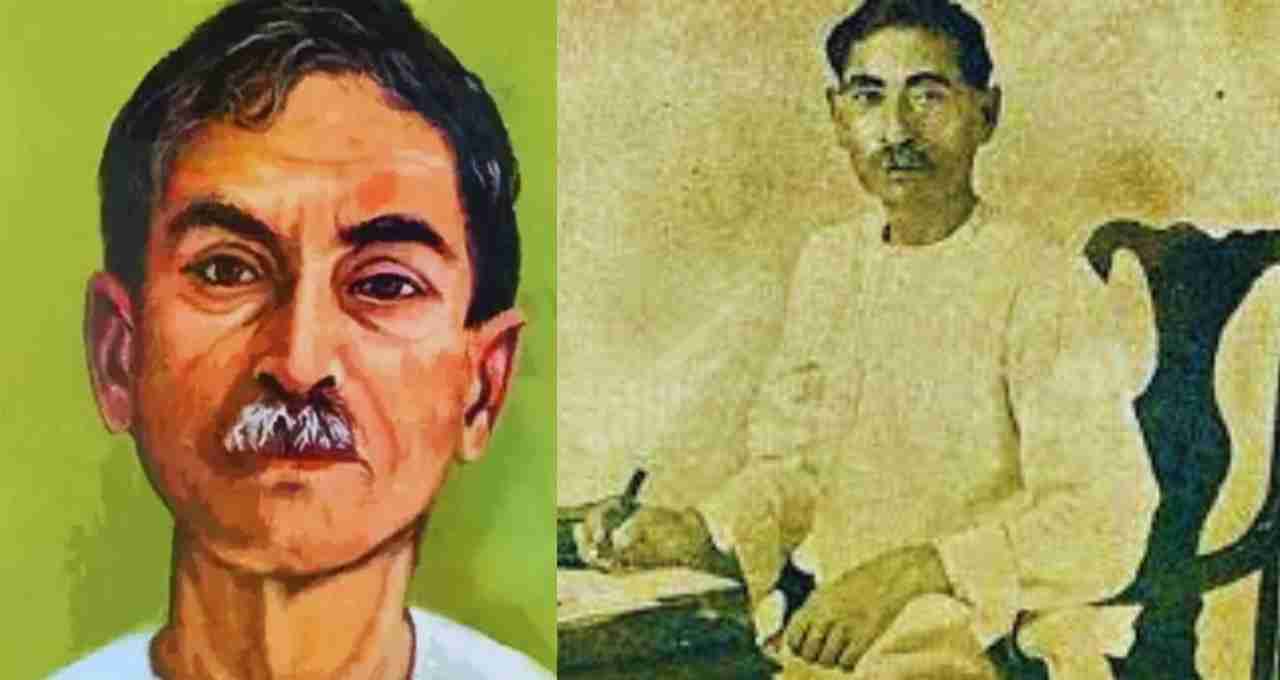
Munshi Premchand wrote more than 300 stories and 12 novels. Some of his stories that are still read and appreciated the most are:
- Kafan (The Shroud)
- Idgah (The Festival of Eid)
- Pus Ki Raat (The Night of the Frost)
- Namak Ka Daroga (The Salt Inspector)
- Bade Ghar Ki Beti (The Daughter of a Big House)
- Satya ka Prayog
Every story reveals some truth of the society — whether it is caste discrimination, the difference between rich and poor, or the exploitation of women.
Premchand's Legacy: Still Just as Influential Today
Premchand's stories are still taught in school curricula, form the basis of plays and films, and are the center of literary research. His writing has transcended the boundaries of time. The honesty, sensitivity, and depth with which he taught writing — is an ideal for today's writers as well. He showed that literature is not just a means of entertainment, but also a mirror and a tool for reform of society.
Munshi Premchand was not just a writer, but also a social reformer, thinker, and representative of the common people. In his stories, we not only get a glimpse of the past, but also see the truth of today's society. His literature teaches us that as long as there is injustice, discrimination, and suffering in society — Premchand's writing will remain relevant.
